Description
What is Vyvanse?
Vyvanse is the brand name for Lisdexamfetamine useful in treating Attention Deficit Hyperactivity Disorder in children above five years of age and binge eating disorder in adults. Vyvanse comes as an oral medication with therapeutic effects starting within 2 hours and lasting for about 12 hours.
Vyvanse is a central nervous system stimulant. The Lisdexamfetamine in the medication gets converted to dextroamphetamine in the body. It got approval for medical use in the year 2007 in America. Vyvanse was the 99th among the top 100 most prescribed medications in the USA with above 7 million prescriptions in 2016.
The medication is a schedule-II controlled substance under the Controlled Substance Act due to associated risks of abuse, dependence, misuse, and diversion.
Vyvanse comes in the formulations of capsules (containing 10, 20, 30, 40, 50, 60, and 70 milligrams of Lisdexamfetamine dimesylate) and chewable tablets (10, 20, 30, 40, 50, and 60 milligrams of Lisdexamfetamine dimesylate).
Vyvanse capsules contain inactive ingredients such as croscarmellose sodium, microcrystalline cellulose, magnesium stearate, and FDA approved color additives. The chewable tablets contain inactive ingredients such as croscarmellose sodium, colloidal silicon dioxide, magnesium stearate, microcrystalline cellulose, mannitol, sucralose, and artificial strawberry flavor.
Uses
Lisdexamfetamine is primarily helpful for the treatment of ADHD (attention deficit hyperactivity disorder) and binge eating disorder. It has similar pharmaceutical effects like amphetamines. Vyvanse is not recommendable for individuals above 65 years of age. In individuals with ADHD, Vyvanse improves brain development and nerve growth.
Reviews of MRI studies suggest that Vyvanse long-term treatment can decrease brain structure abnormalities in people with ADHD and improves the functioning of several parts of the brain such as the basal ganglia’s right caudate nucleus. It is a medication that is useful for the long-term treatment of attention deficit hyperactivity disorder.
Although Vyvanse helps treat moderate to severe Binge Eating Disorder (BED), It is not advisable to use the medicine for weight loss. The use of sympathomimetic drugs such as Vyvanse for weight loss results in severe adverse cardiovascular effects. There is no establishment of the safety and effectiveness of medicine for obesity treatment or weight loss.
Side Effects
Physical Effects
Physical side effects of Vyvanse vary from person to person at normal therapeutic doses. Cardiovascular effects including hypotension or hypertension, tachycardia, and Raynaud’s phenomenon. Sexual effects in males include prolonged or frequent erections or erectile dysfunctions. Gastrointestinal side effects may include constipation, abdominal pain, nausea, and diarrhea.
Other potential physical adverse effects include loss of appetite, dry mouth, blurred vision, excessive teeth grinding, bleeding nose, profuse sweating, nasal congestion, tics, and weight loss. At usual pharmaceutical doses, Vyvanse rarely has any life-threatening effects.
Lisdexamfetamine stimulates the medullary respiratory center thus producing deeper and faster breaths. The effects are usually unnoticeable in normal adults, but they can be dangerous for people with compromised respiratory functions.
Psychological Effects
The most common psychological effects at normal therapeutic doses include wakefulness or insomnia, increased concentration, apprehension, alertness, self-confidence, sociability, and confidence, decreased fatigue.
Less common psychological effects include grandiosity, anxiety, changes in libido, obsessive behavior, irritability, and restlessness. Psychosis is a rare but severe side effect of Lisdexamfetamine.
Interactions
Vyvanse has interactions with the following drugs:
MAO inhibitors: MAO inhibitor slows Vyvanse metabolism, thus increasing the effects of the medicine on the release of monoamines causing headaches and other hypertensive effects.
Serotonergic drugs: The concurrent use of Vyvanse and serotonergic drugs increases the risk of serotonin syndrome.
CYP2D6 inhibitors: Using CYP2D6 inhibitors with Vyvanse increases dextroamphetamine exposure, increasing the risk of serotonin syndrome.
Alkalinizing agents: Urinary alkalinizing agents increase the blood levels and potential action of Vyvanse.
Acidifying agents: Urinary acidifying agents decrease blood levels and efficacy of Vyvanse.
Tricyclic antidepressants: The concomitant use enhances the activity of sympathomimetic or tricyclic agents causing the sustained increase of d-amphetamine in the brain. It also causes severe cardiovascular effects.
Warnings
Dependence and Abuse
Vyvanse is a CNS stimulant possessing a high risk of abuse and dependence. Doctors should assess the risk of abuse and monitor the patients for their signs and symptoms.
Severe Cardiovascular Reactions
Myocardial infarction, stroke, and sudden death are some of the life-threatening cardiovascular effects associated with Vyvanse. Children and adolescents with cardiac abnormalities and severe heart problems had sudden death even at recommended ADHD doses. Do not use Vyvanse in patients with cardiomyopathy, structural cardiac abnormalities, coronary artery disease, heart arrhythmia, or other serious heart problems.
Increased Blood Pressure and Heart Rate
Vyvanse causes an increase in blood pressure and heart rate. The doctor should monitor patients for hypertension and tachycardia.
Psychiatric Adverse Reactions
Vyvanse increases symptoms of behavior disturbance and thought disorder. It also induces a manic/mixed episode in bipolar disorder patients. At recommended doses, Vyvanse can cause manic or psychotic symptoms such as mania in children, hallucinations, and delusional thinking. Discontinue the use of the medication if any of these symptoms occur.
Growth Suppression
Vyvanse causes weight loss and growth suppression in pediatric patients.
Serotonin Syndrome
Serotonin syndrome is a life-threatening reaction caused due to the combination of Vyvanse and drugs that affect serotonergic neurotransmitter systems.
Dosing
Take Vyvanse by mouth in ideally in the morning. Administer the medication in one of the following ways:
Vyvanse Capsules: Swallow Vyvanse capsules as whole or open capsules and mix the content with water and yogurt or orange juice. Immediately consume the entire mixture. Do not store it.
Vyvanse Chewable Tablets: Chew the tablet thoroughly before swallowing.
Vyvanse capsules can be a substitute for Vyvanse chewable tablets on a unit per unit (mg per mg basis). For example, 30 mg Vyvanse capsule for 30 mg chewable tablet.
The recommended initial dose for ADHD treatment is 30 mg once a day in the morning. Titrate the dosage according to the needs of individual patients.
The recommended initial dose for BED treatment is 30 mg a day, titrated at increments of 20 mg a week.

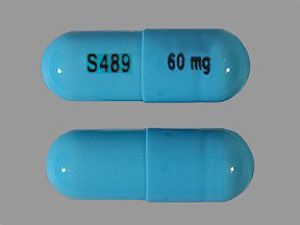
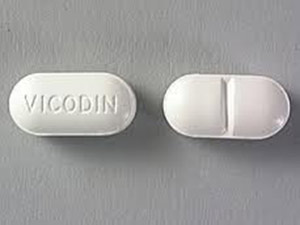
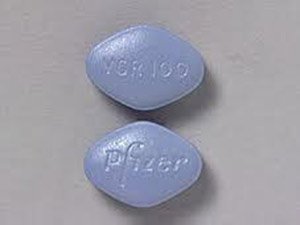
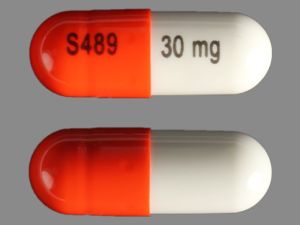
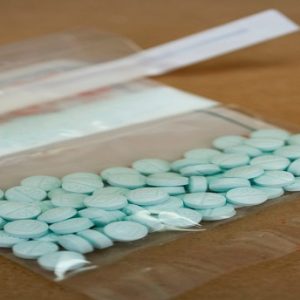
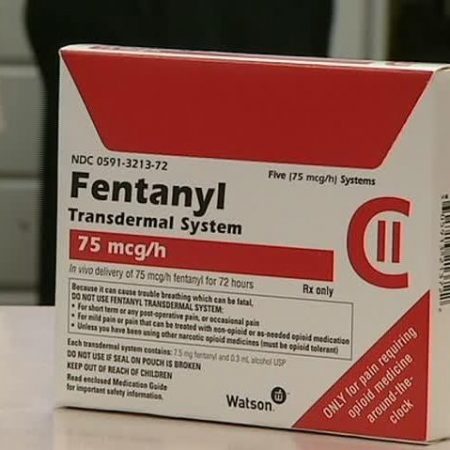
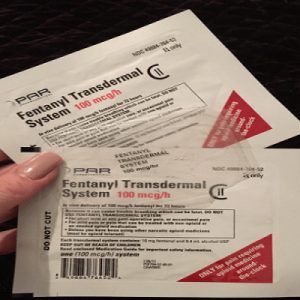

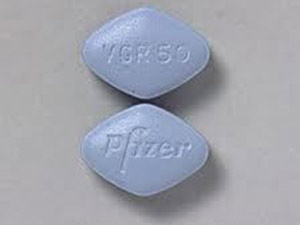
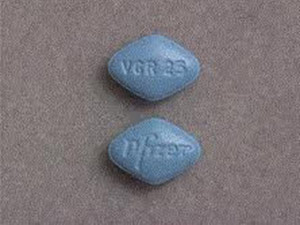



Reviews
There are no reviews yet.